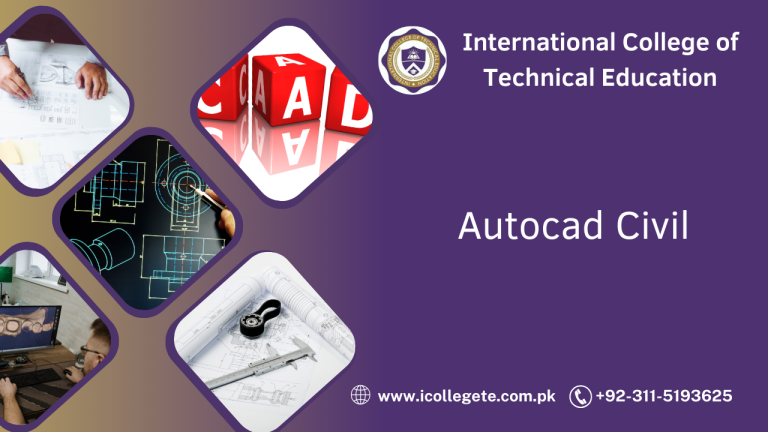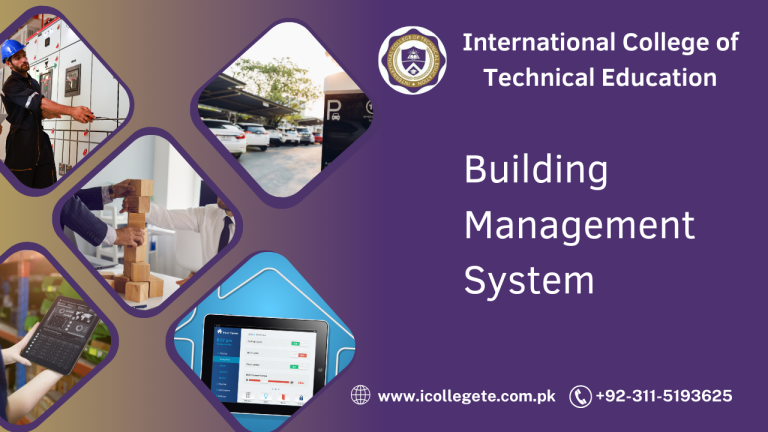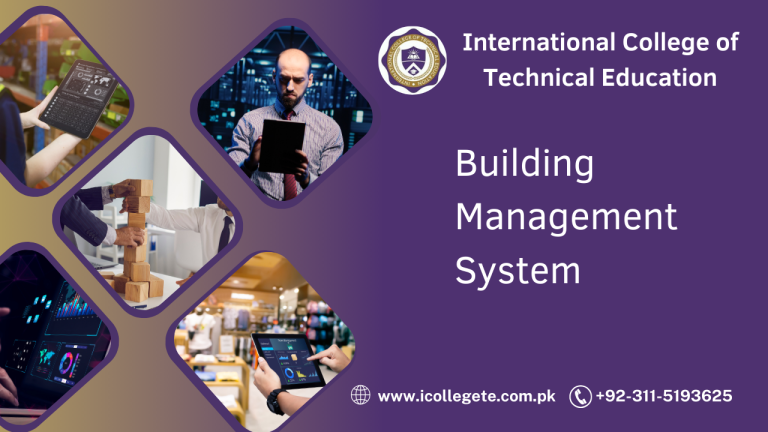In today’s rapidly evolving electrical industry, the demand for high-quality, reliable, and safe electrical systems is at an all-time high. As technology advances, so does the need for skilled professionals who can ensure that electrical projects meet the highest standards of quality. The Quality Control Electrical Course in Islamabad provides a solid foundation for individuals aspiring to excel in electrical quality control, equipping them with the knowledge and practical skills required to maintain and enhance electrical system performance and safety.
The Quality Control Electrical Course in Islamabad is designed to offer participants comprehensive insights into the principles, techniques, and tools used to manage and maintain quality control in electrical engineering. This course is tailored for both experienced professionals and those new to the electrical field, providing valuable knowledge that can be applied in a wide range of industries, including construction, manufacturing, and power distribution.
This course covers essential topics in electrical systems design, testing, inspection, and regulatory compliance, ensuring that participants gain both theoretical understanding and hands-on experience in quality control processes specific to electrical projects.
Course Overview
The Quality Control Electrical Course focuses on equipping participants with the skills required to perform quality assurance in electrical projects. Participants will learn how to assess and maintain the quality of electrical components, perform inspections, and apply modern testing methods. Emphasis will be placed on practical tools, quality standards, and compliance with national and international regulations.
From conducting tests on wiring and circuit systems to understanding the importance of safety protocols, the course helps participants develop a well-rounded knowledge base that enhances the reliability and safety of electrical projects.
Study Units
The course is divided into the following key study units:
- Introduction to Electrical Quality Control
- Importance of quality control in electrical engineering
- Key concepts in electrical quality assurance
- Industry standards and regulations
- Electrical Components and Material Testing
- Understanding electrical components (wires, cables, switches, etc.)
- Methods of testing electrical materials
- Techniques for inspecting and verifying electrical components
- Electrical System Inspection and Evaluation
- Procedures for inspecting electrical installations
- Common issues and faults in electrical systems
- Evaluating system performance and safety compliance
- Electrical Safety Standards and Regulations
- National and international electrical safety standards (IEC, NEC, etc.)
- Understanding electrical codes and guidelines
- How to ensure compliance with safety regulations
- Testing Equipment and Methodologies
- Overview of electrical testing tools (multimeters, insulation testers, etc.)
- Practical demonstrations of electrical testing techniques
- Analyzing and interpreting test results
- Quality Control Documentation and Reporting
- Creating and maintaining quality control documentation
- Preparing inspection and testing reports
- Communicating findings with stakeholders
- Troubleshooting and Problem Solving
- Identifying and resolving common electrical issues
- Using diagnostic tools for problem-solving
- Preventive maintenance techniques for electrical systems
Learning Outcomes
Upon successful completion of the course, participants will be able to:
- Understand the fundamental principles of quality control in electrical systems.
- Conduct comprehensive inspections of electrical installations and systems.
- Implement testing methods for electrical components and circuits.
- Ensure compliance with electrical safety standards and industry regulations.
- Use a variety of tools and equipment for electrical testing and troubleshooting.
- Develop quality control documentation, including inspection and test reports.
- Identify potential issues in electrical systems and apply effective solutions.
- Improve the reliability, performance, and safety of electrical systems.
Course Benefits
The Quality Control Electrical Course offers numerous benefits to participants:
- Industry-Relevant Skills: Participants gain hands-on experience with the latest testing equipment and techniques, making them well-prepared for real-world electrical projects.
- Expert Guidance: Learn from experienced instructors who bring real-world expertise to the classroom, providing valuable insights into electrical quality control.
- Career Advancement: Mastering electrical quality control can lead to enhanced job opportunities, promotions, and higher salaries within the electrical and construction industries.
- Certification: Upon completion, participants will receive a certification that demonstrates their competence in electrical quality control, providing a competitive edge in the job market.
- Networking Opportunities: Interact with professionals from various sectors, building connections that could lead to collaborative projects or new career opportunities.
Who is This Course For?
The Quality Control Electrical Course in Islamabad is ideal for:
- Electrical Engineers: Professionals seeking to deepen their knowledge of quality control and ensure the safety and reliability of electrical systems.
- Electrical Technicians: Individuals who want to enhance their skill set and specialize in quality assurance for electrical projects.
- Project Managers: Those responsible for overseeing electrical installations and ensuring compliance with quality standards on construction projects.
- Safety Officers: Professionals tasked with ensuring workplace safety, particularly in environments involving electrical installations and systems.
- Fresh Graduates: Electrical engineering graduates who want to gain practical, job-ready skills in electrical quality control.
- Aspiring Quality Control Specialists: Individuals looking to enter the field of electrical quality assurance.
Future Progression for This Course
Completing the Quality Control Electrical Course opens a variety of career pathways:
- Specialized Roles: Graduates can pursue roles like Electrical Quality Control Engineer, Quality Assurance Manager, or Electrical Inspector.
- Higher-Level Management: The course provides the foundation for moving into managerial positions, such as Electrical Project Manager or Electrical Safety Supervisor.
- Certifications and Advanced Studies: For those looking to further specialize, the course can serve as a stepping stone to certifications in advanced electrical testing, quality assurance, or safety standards.
- Consultancy: Experienced professionals can move into consultancy, advising organizations on best practices for electrical quality control and safety compliance.
- Entrepreneurship: Armed with quality control expertise, individuals can also start their own businesses providing electrical quality testing, inspection, and consulting services.
The Quality Control Electrical Course in Islamabad provides a unique opportunity for professionals in the electrical industry to acquire the essential skills needed to ensure the safety, functionality, and compliance of electrical systems. Whether you are an engineer, technician, or project manager, this course is an excellent way to enhance your expertise in electrical quality control. By combining theoretical knowledge with practical, hands-on experience, this course prepares participants for successful careers in the ever-growing electrical sector, offering ample opportunities for professional growth and advancement.







